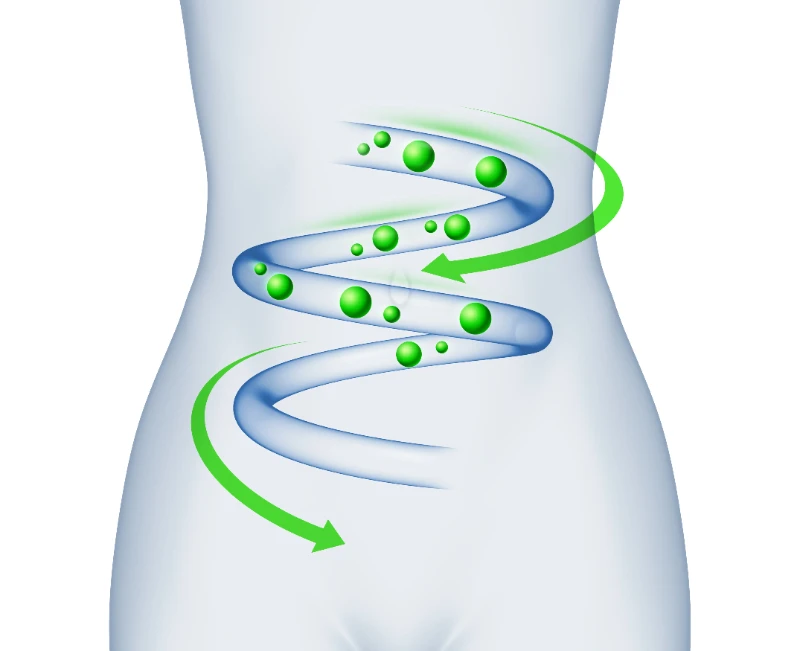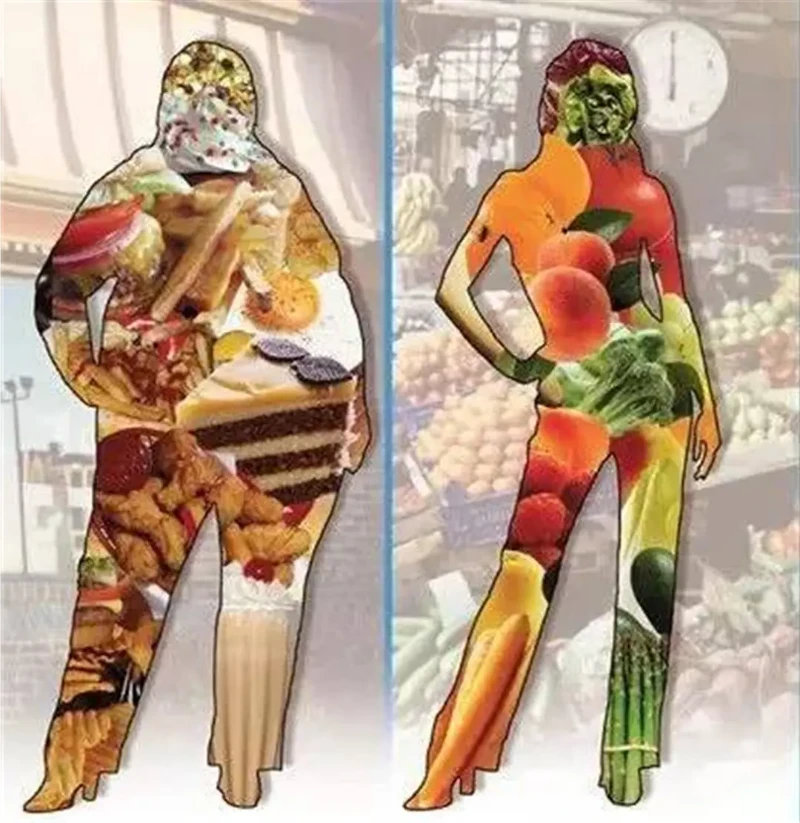
advertisement
Caffeine will increase your metabolic rate and help you burn fat. However, these benefits are limited. When you drink more coffee, the effect of burning fat starts to diminish. In addition, your body may be resistant to the effects of caffeine. In order to maximize its fat-burning effect, you must drink only a small amount of coffee.
Increase heat production

Coffee increases heat production by increasing the production of fat-burning hormones, thereby helping you burn calories and reduce fat. It can also help you feel more alive. Caffeine promotes the release of adrenaline, which helps increase the metabolic rate. The combination of caffeine and adrenaline improves energy levels and performance.
Researchers have found that coffee helps the body increase heat production, or the body's ability to burn calories at rest. Those who are overweight or obese usually lack heat production because a low-calorie diet inhibits this process. A cup of coffee contains about 600 mg of caffeine, which exceeds the daily intake recommended by France. Drinking too much can cause harmful side effects, including an increased risk of heart disease, cancer, and even death.
Metabolism

Caffeine promotes metabolism by increasing the body's adrenaline level, a hormone that promotes fatty acid release from adipose tissue. The increase in metabolic rate helps people lose weight because it allows them to consume more food without gaining weight. Studies have shown that drinking caffeine for a period of time can increase the ratio by 3 to 11 percent. This effect is more significant in thin people and less significant in obese people.
Increase energy consumption

Caffeine is a stimulant that increases energy consumption and is a popular choice for athletes. It was removed from the list of prohibited substances in 2004. The benefits of caffeine are well documented, and many studies have tested its effects on athletes. However, there are few studies on the effects of caffeine on nonathletes. A study conducted by the University of Western Australia tested the energy expenditure of sedentary women who were randomly assigned caffeine or placebo pills.
Caffeine increases energy expenditure by increasing fat oxidation. However, the extent of caffeine's weight loss effect remains uncertain. The few clinical trials that tested caffeine for weight loss used only combination products and short-term studies. In one study, overweight participants who took cola fruit and my yellow supplement increased their energy expenditure by about 9.2 kcal/hr compared to the placebo group. The effect of caffeine lasted about three hours.
Increase fat oxidation

There are many factors that affect fat oxidation. One factor is the time of day. Caffeine intake in the morning will increase Fat max and CFO by more than 10%, and the same effect will be achieved in the afternoon. Caffeine also increases maximal oxygen uptake by 13%.
In a recent study, researchers examined the effects of coffee consumption on fat oxidation in 15 active men during aerobic exercise. The subjects received four physical exercises seven days apart. They took standardized doses of caffeine and a placebo at different times of the day. After taking these substances, they did half an hour of physical activity. The researchers then measured the rate of fat oxidation in muscle during exercise using indirect calorimetry.
advertisement









